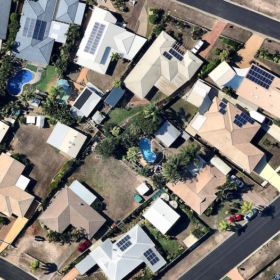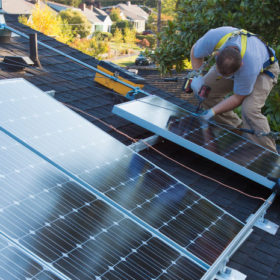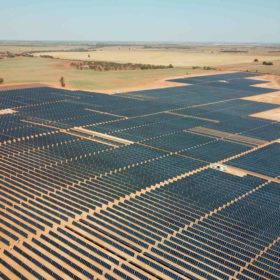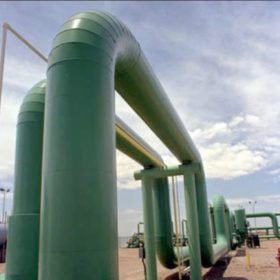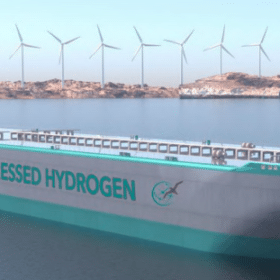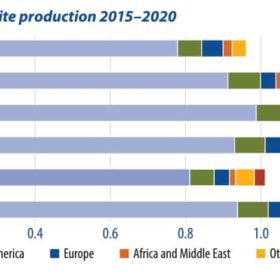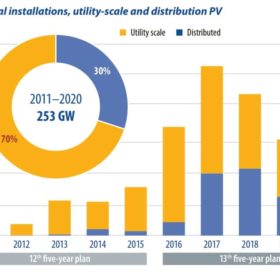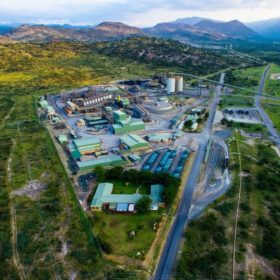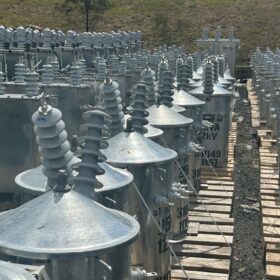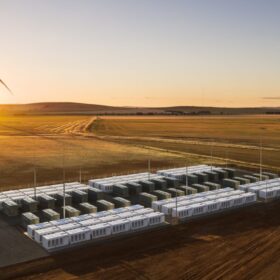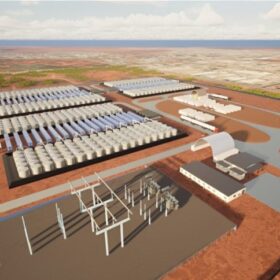Regulator expands fraud detection, introduces new anonymous online tool to growing arsenal
The Clean Energy Regulator has adopted the whistle-blower platform Whispli to allow Australians to report any potential fraudulent or non-compliant behaviour anonymously online. The move comes just after the Regulator joined forces with the Clean Energy Council to launch a taskforce targeting dodgy installers.
Free solar systems to be given to South Australian concession holders from today
South Australian concession holders can now opt to switch their payments for a brand new solar system as part of the state government’s Switch for Solar pilot program which kicked off on Monday.
Powercor to unlock more than 1.3 GW of queuing large-scale renewable projects
Transmission is not the only way, proves network service provider Powercor with its new plan to help Victoria hit its ambitious emissions reduction targets, while considering the needs and sensitivities of regions set to host the state’s Renewable Energy Zones.
$2 billion blueprint to run a green hydrogen river through the Hunter Valley
Hydrogen is the word on everyone’s lips as the Federal Government champions hubs of no particular colour. Seasoned clean players such as Energy Estate are identifying greenfield opportunities for renewable energy and industry to meet.
How will you know it’s green hydrogen?
Thinking backwards from demand for green hydrogen, the Smart Energy Council identified that investors and customers will have to be able to trust the integrity of the product. Its world-first verification scheme, launched in late 2020 is gaining international traction.
Sunday read: the ‘other side’ of batteries
Graphite’s pivotal role in electric-vehicle battery technology is coming under increasing scrutiny. Graphite is almost exclusively produced in China, and while the processing of the mineral poses serious environmental issues, the alternatives appear costly. Ian Morse looks at what’s next for critical graphite supplies.
Saturday read: China reaches a tipping point in 2021
This year will be a key period in the development of China’s solar PV market. It is the first year of the 14th five-year plan, the first calendar year after President Xi Jinping announced the 2030-60 carbon emissions commitment, and the first year for utility and commercial unsubsidised projects. IHS Markit expects the solar industry in China to reach another milestone with more than 60 GW of installations this year, advancing the ground for the energy transition and the displacement of traditional energy sources to fullfill the goal of a net carbon future over the next four decades to come.
Australia can be ‘renewable energy superpower’ says Albanese
Opposition Leader Anthony Albanese has outlined his plan for Australia to “emerge as a renewable energy superpower,” underwritten by a $100 million initiative to fund apprenticeships in new energy jobs including solar, large-scale renewable projects, green hydrogen and renewable manufacturing.
‘Hydrogen as a universal climate solution might be a bit of false promise’
Hydrogen and hydrogen-based fuels will not be able to move forward fast enough to replace fossil fuels and tackle climate change, according to a German-Swiss research team that claims direct electrification alternatives are cheaper and easier to implement. The scientists cite too-high prices, short-term scarcity and long-term uncertainty, as the main reasons for their skepticism, which has caused a stir in academic circles.
Green hydrogen supply chain concerns
With South Africa holding 63,000 of the world’s estimated 69,000 metric tons of platinum reserves – according to the Statista.com website – and Russia and Zimbabwe a further 5,100 between them, the European Commission has cited the metal as an example of a potential supply chain bottleneck that could handicap its grand plans for renewables-powered hydrogen production.
